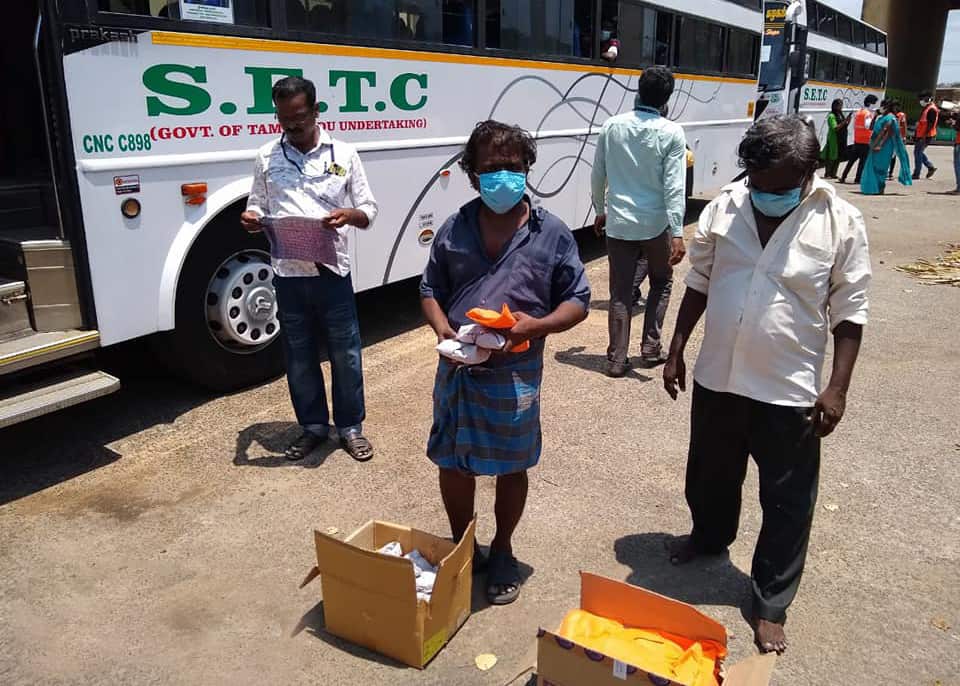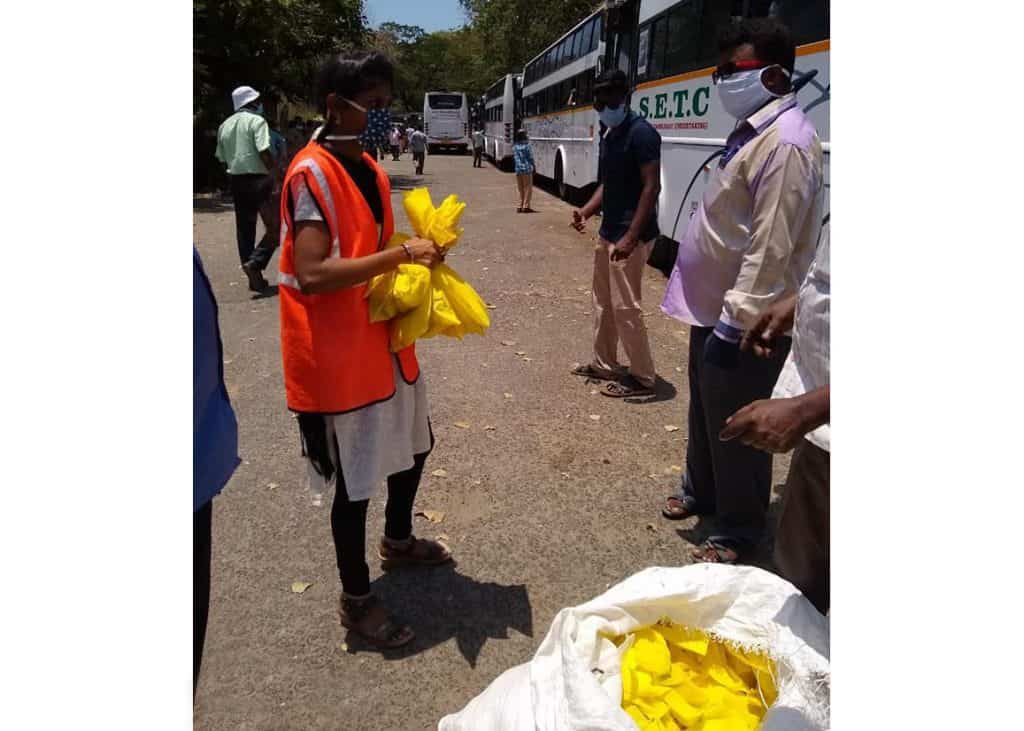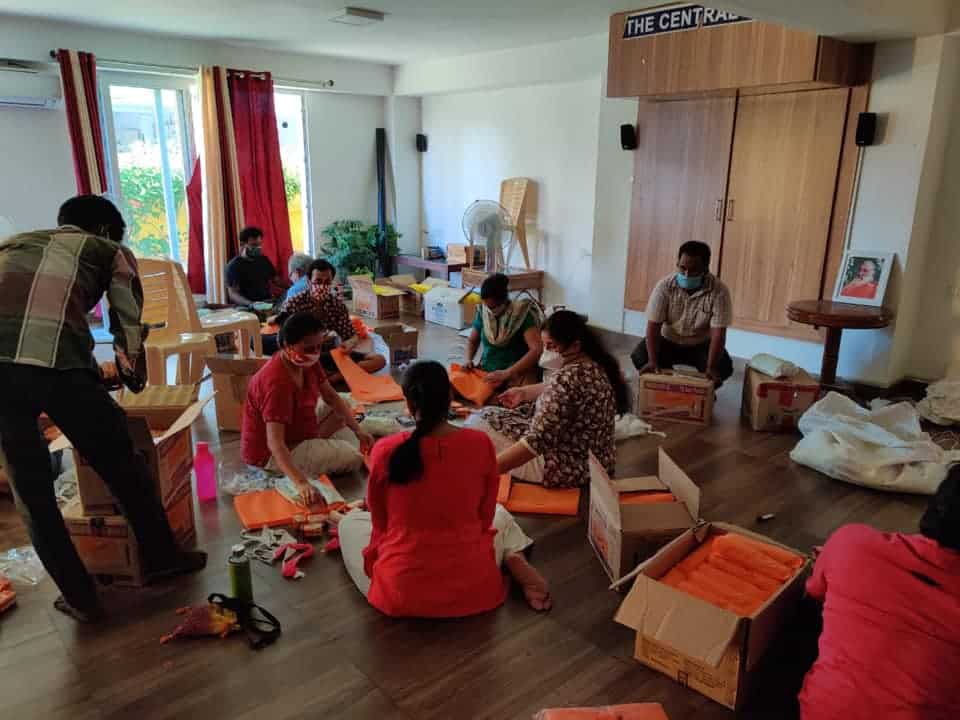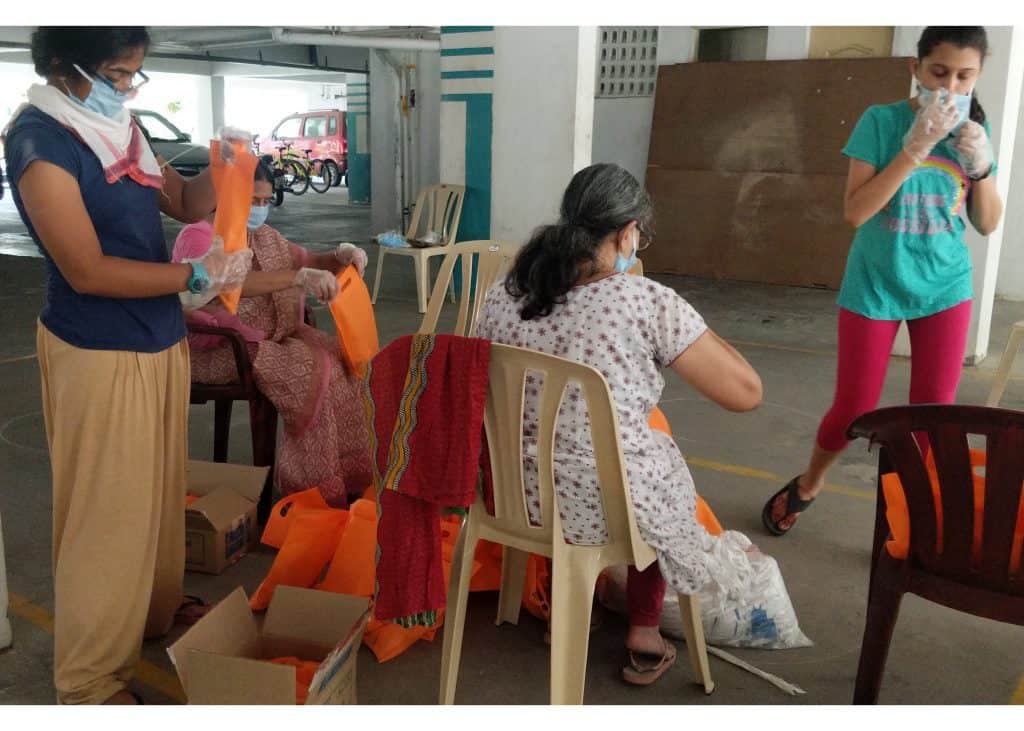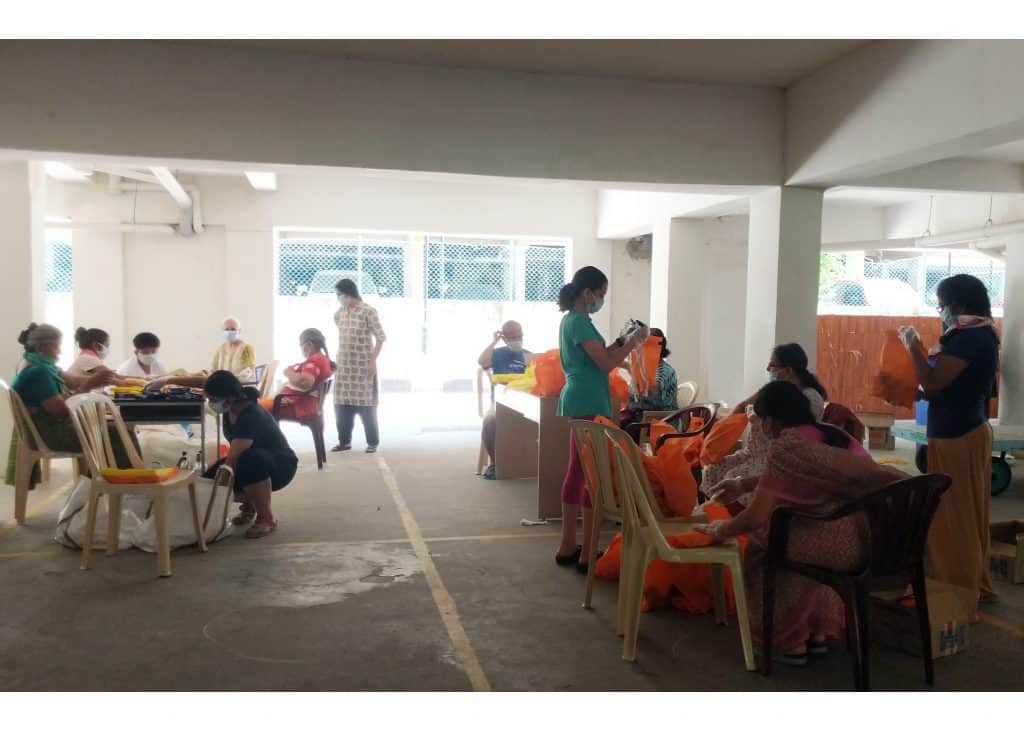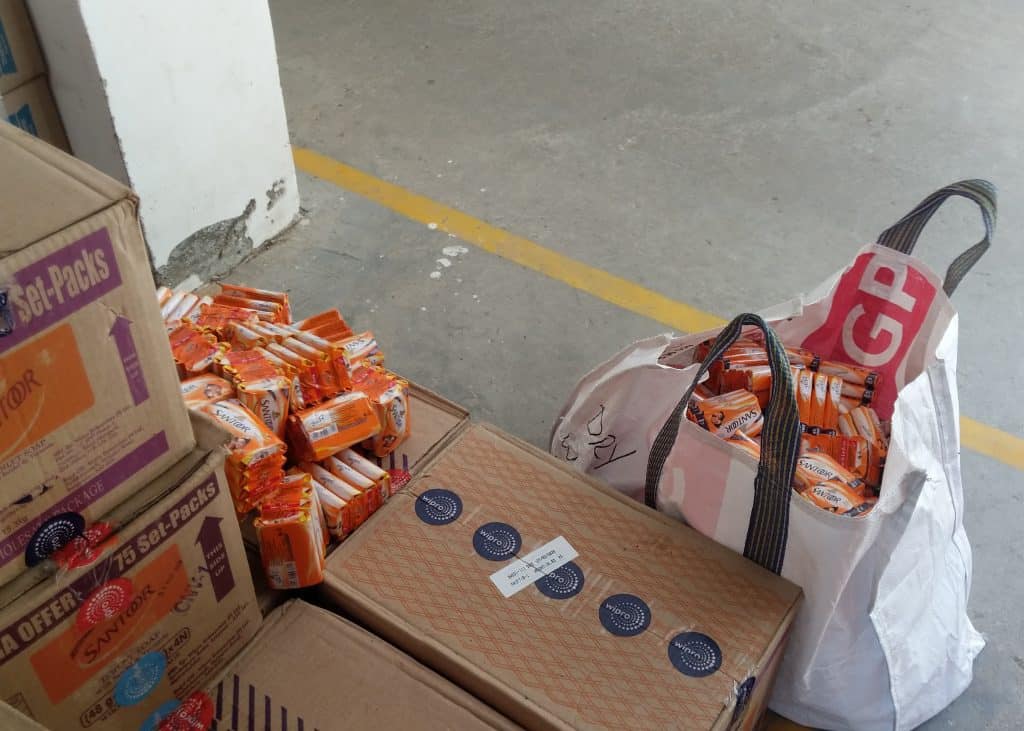A study conducted in 2016 by the Tamil Nadu State Labour Department estimated that around 1.94 lakhs migrant workers live and work in Chennai. Accounting for the neighbouring districts of Kancheepuram and Thiruvallur, the number goes up to around 5 lakhs, making up just over 50% of the migrant labour workforce in the state.
A vast majority of them have been struggling as they look for options to survive in the city in the wake of the COVID crisis and the resulting lockdown. Some have managed to leave for their home towns, but for many others who are hoping to leave, the wait may not yet be over.
While their struggles seem endless, many residents and welfare associations in Chennai have stepped up to provide help to the migrant and daily wage labour community by volunteering with various NGOs.
In Sholinganallur, resident associations of Central Park (East, West, South), Akshaya Adora, Casa Grande Cherrypick, Navins Marisdale, Sabari Terrace and Hiranandani came together under the banner of FOMRRA to provide a helping hand to Bhoomika Trust to pack sanitization kits for migrant labourers and daily wage earners. “We checked with FOMRRA for volunteers and the associations stepped up. We are thankful for the help extended,” says Jayendra Panchapakesan, one of the Trustees of Bhoomika.

Sanitzation kits delivered to the travelers. Source: Facebook 
Volunteers distributing the kits. Source: Facebook
The Central Park South association, which was one of the associations involved in volunteering, has also been involved in various community activities in the past before the pandemic — be it organizing life saving lessons for the community, butter milk seva for 21 days during summer or assisting various NGOs now, during the pandemic.
Members of New Colony Residents Welfare Society in Chromepet, distributed more than 200 food packets daily throughout the month of April to people residing in low-income localities through volunteers.

Residents-Welfare-Association-in-action. Source: Facebook 
The children and elderly from The Central Park South community involved in helping: Pic: Mahesh V 
Sanitization kits that included masks, detergent and bathing soaps were packed. Pic: Mahesh V 
Not just food but other essentials being packed for labourers and daily wage earners. Pic: Mahesh V
“We do face some challenges in getting volunteers. We do not allow people above the age of 50, people with any pre-existing ailments such as diabetes or hypertension, people with young children or aged parents to volunteer for us.” Jayendra adds.
With the welfare associations connected to each other via Whatsapp groups, it is easier to source volunteers who can self nominate themselves by a show of hands in the group. These associations do not just help in volunteering but also form support groups to help the residents.
The Balaji Nagar Residents welfare association stepped up to help a family when one of their members was found COVID +ve, by supplying essentials. Similarly Velachery Annai Indira Nagar Residents Welfare Association (VAINRWA) distributed more than 15,000 masks to their residents very early, even before the Corporation announced the mandatory use of masks in public places on Apr 13th.
“We’ve been locked inside our homes for more than a month. We do look forward to volunteering activities, which are not only helpful for our fellow citizens but also a welcome avenue for us to interact with other people keeping the rules and regulations in mind,” says a citizen volunteer.
There are multiple organizations looking for volunteers where citizens who are able and at low risk of Covid infection, can nominate themselves for volunteering activities.
